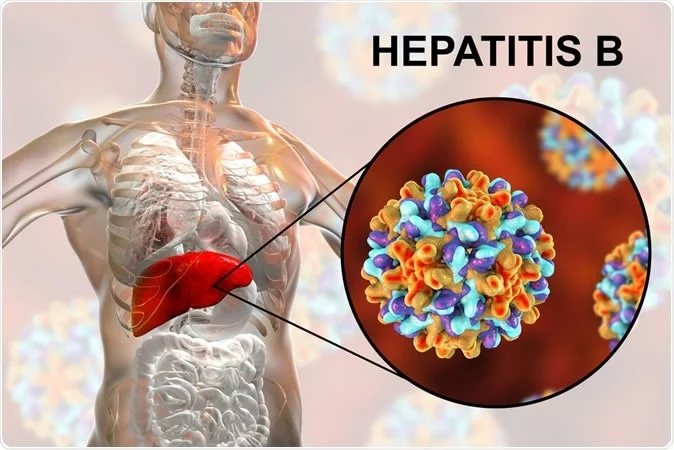Namibia has achieved a historic milestone by becoming the first country in Africa, and globally the first high-burden nation, to successfully halt the transmission of HIV and hepatitis B from mothers to children.
This remarkable achievement was announced by the African Region Office of the World Health Organisation (WHO) on Monday, marking a significant breakthrough in the fight against these diseases in Eastern and Southern Africa, which bear more than half of the world’s HIV burden.
Namibia’s success is attributed to widespread HIV testing among pregnant women and improved access to treatment, resulting in a remarkable 70% reduction in vertical transmission over the past two decades. In 2022, only four percent of babies born to HIV-positive mothers acquired the virus in Namibia.
Additionally, nearly 80% of infants in Namibia received timely hepatitis B vaccination, highlighting the nation’s commitment to comprehensive healthcare services. This integrated approach, merging primary healthcare with antenatal, child health, and sexual and reproductive health services, has been instrumental in achieving these milestones.
Recognizing Namibia’s efforts, WHO awarded the nation “silver tier” status for progress in reducing hepatitis B and “bronze tier” for progress in HIV reduction. Dr. Matshidiso Moeti, WHO Regional Director for Africa, praised Namibia’s achievement as a result of dedicated political leadership and effective public health implementation.
Namibia’s success underscores the effectiveness of a person-centered approach to healthcare, aimed at improving outcomes for both mothers and children. The validation process, conducted in collaboration with UNICEF, UNAIDS, and UNFPA, evaluates data and establishes standardized milestones for disease elimination.
UNAIDS Regional Director for East and Southern Africa, Anne Githuku-Shongwe, and UNICEF Regional Director for Eastern and Southern Africa, Etleva Kadilli, both commended Namibia’s efforts, citing them as a model for the region in the fight against pediatric HIV.
While Namibia celebrates this achievement, challenges persist in other countries, notably Nigeria, which faces significant hurdles in combating pediatric HIV and hepatitis B. WHO stresses the importance of integrated services and sustained political commitment to achieve the goals of ending mother-to-child transmission of HIV, hepatitis B, and syphilis globally.

Leave a Reply